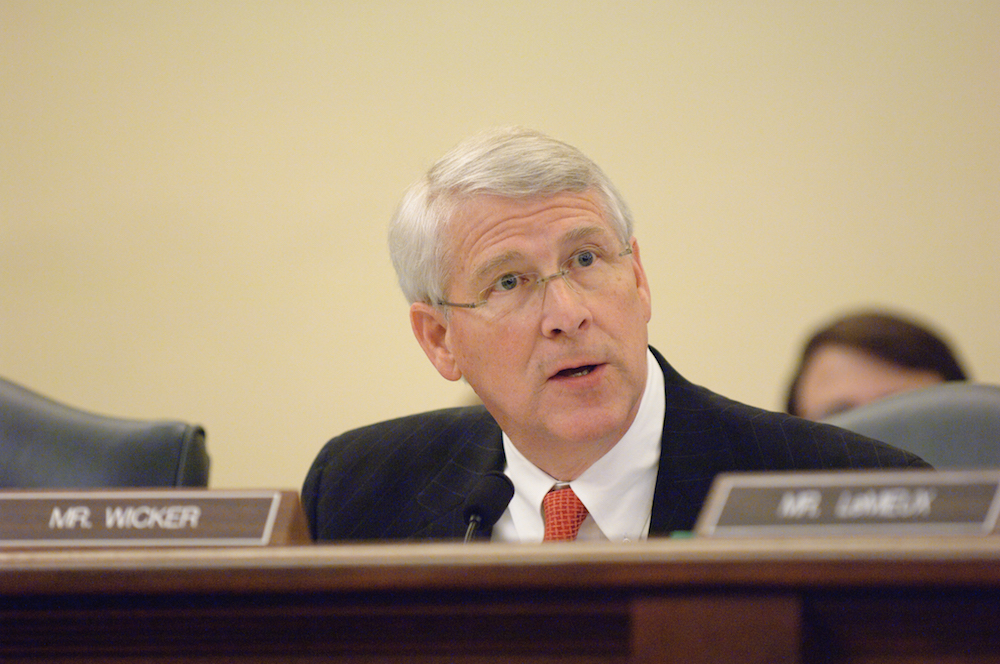Unmanned aircraft systems are known by a lot of names – drones, robot planes, remotely piloted vehicles, and unmanned aerial vehicles, to list just a few. Their capabilities are as diverse as the terminology that defines them. From battlefields to farmland, unmanned systems are rapidly changing how we connect with the world.
There is still much to learn. Ensuring that commercial unmanned systems are safely integrated into our country’s airspace comes with new and unique challenges, from privacy issues to air traffic requirements. As the technology evolves, so should the national policies and operations that surround this emerging field.
Building on Public-Private Partnerships
On May 8, our state earned a leading role in the future development and deployment of unmanned aircraft systems. Mississippi State University was selected by the Federal Aviation Administration (FAA) as the flagship institution for its National Center of Excellence for Unmanned Aircraft Systems. MSU will lead a consortium of 20 universities to conduct research and coordinate with industry and government partners.
This national distinction is well-deserved after years of work by university leaders and the state delegation in Washington. Mississippi State has long been known and respected for its aerospace expertise and cutting-edge research. The university’s Raspet Flight Research Lab continues to be a valuable resource for aerospace companies throughout the state.
Unmanned Systems Aid in Combat, Crop Production
Mississippi is home to some of the world’s top manufacturers working to engineer the next generation of unmanned aircraft systems. In Moss Point, Northrop Grumman is producing the Global Hawk – a high-flying reconnaissance plane. In Columbus, Aurora Flight Sciences is building the Orion – an aircraft with the potential to stay aloft for up to five days. Both are capable of collecting vital information for our military commanders and troops, especially those serving in dangerous and volatile parts of the world.
The benefits of unmanned aircraft systems, however, go far beyond combat. The National Oceanic and Atmospheric Administration, for example, is using this technology to track and monitor hurricanes. Likewise, Customs and Border Protection is employing unmanned systems to monitor the border and help deter illegal immigration. In agriculture, drones can give farmers a bird’s eye view of their land, helping them save on costs and improve crop yields. After a disaster, images from unmanned aircraft are an invaluable asset for first responders as they work quickly to save lives.
Industry Poised for Major Economic Impact
In many ways, the future of unmanned aircraft systems is limitless. One day, they may be as familiar as smartphones and laptop computers. The industry’s skyrocketing growth promises to have a major impact on the economy. According to the Association for Unmanned Vehicle Systems, the widespread integration of these systems over the next decade could generate more than $82 billion in economic growth and create more than 100,000 new jobs.
I am confident that Mississippi State University will shape the future of unmanned aircraft systems in dynamic ways. Access to airspace, quality research institutions, and productive partnerships with federal agencies and industries make Mississippi a natural choice for FAA’s National Center of Excellence. It is truly an exciting moment for our state.


